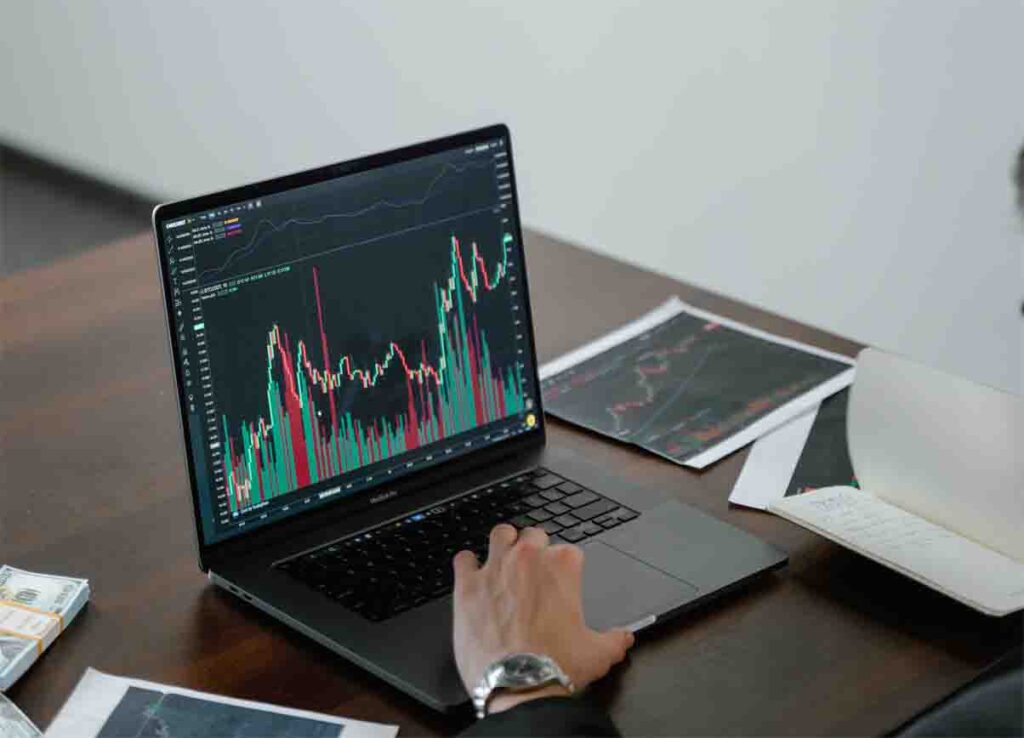Introduction:
In Chennai, a bustling commercial metropolis, investors and dealers are increasingly interested in commodity trading. This article discusses commodities trading classes in Chennai, the importance of education, the topics addressed, and the possible benefits for those trying to understand commodity markets.
In commodity trading, raw items such as precious metals like gold, agricultural products, and energy sources like oil are traded. These transactions occur on financial exchanges, and supply and demand, geopolitics, and economic indices affect pricing.
Importance of Commodity Trading Courses: Trading commodities without sufficient training might be risky. Participants study market dynamics, risk management tactics, and technical analysis for informed decision-making in commodity trading classes. These courses provide students the confidence to negotiate commodities markets.
Key Commodity Trading Course Elements:
- Market Fundamentals: Commodity market fundamentals are essential. This involves understanding how supply and demand, geopolitics, and global economics affect commodities pricing.
- Technical Analysis: Trading judgments need knowledge of price charts, trends, and technical indicators.
- Risk Management: Using stop-loss orders and position size to reduce commodities trading risks.
- Trading techniques: Day trading, swing trading, and long-term investing enable people choose techniques that match their risk tolerance and financial objectives.
- Practice: Experience is priceless. Courses often include simulated trading and real-time market analysis to reinforce theory.
Selecting a Course:
A successful educational path depends on choosing the best commodities trading course in Chennai. Considerations should include the school’s reputation, teachers’ knowledge, course material, and practical learning possibilities. Choose courses that teach commodities trading theory and practice.
Commodity Trading Course Benefits:
Here the commodity trading course in Chennai benefits –
- educated Decision-Making: Courses teach participants how to analyze trade data and make educated judgments.
- Risk Mitigation: Knowing risk management methods helps traders avoid losses and preserve money.
- The practical parts of commodities trading are covered in courses, giving students confidence in real-time market circumstances.
- Career Opportunities: commodities trading courses boost credentials and offer doors to commodities trading businesses, brokerage houses, and financial institutions for financial sector hopefuls.
Commodity Trading Challenges:
Commodity trading has high profit potential, but it also involves market volatility, geopolitical dangers, and constant learning to keep ahead of market trends. However, with proper knowledge and dedication, traders may overcome these obstacles.
Technological Impact on Commodity Trading Courses:
Technology is crucial in commodities trading courses nowadays. Many educational programs use modern trading platforms, simulations, and data analytics tools to provide students virtual trading experience. This technology integration makes courses more practical by letting students apply theory in real-world situations.
Industry Collaboration and Networking: Reputable commodities trading schools partner with specialists, corporations, and financial institutions. Students may network, learn about business trends, and potentially get internships or jobs after the course. Staying current on market trends and advancing your profession need industry networking.
Conclusion:
Commodity trading courses in Chennai allow people to enter and succeed in the dynamic commodity market. These courses teach market basics, technical analysis, and risk management to help traders make smart choices and navigate commodities trading. Whether you’re a beginner wishing to start trading or an experienced investor diversifying your portfolio, a thorough commodities trading course is a smart step toward understanding commodity trading in Chennai’s dynamic financial scene.

